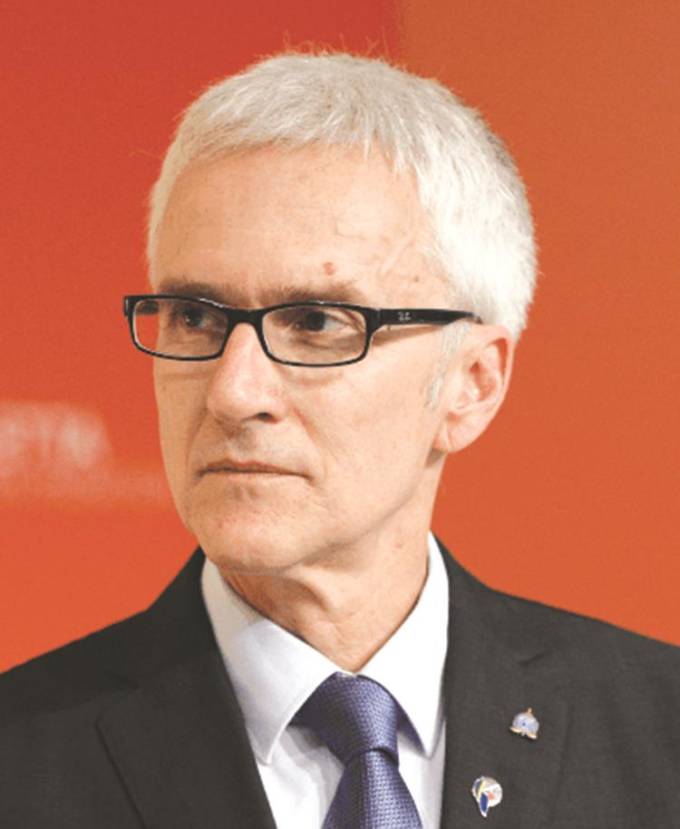Wildlife smugglers on Interpol’s radar

Freeman Razemba Crime Reporter—
THE International Criminal Police Organisation (Interpol) has launched a new project to identify and dismantle organised crime networks that are making billions in illicit profits through wildlife trafficking between Africa and Asia. The latest developments come after at least 376 suspects were arrested last year and 4,5 tonnes of ivory recovered during an operation conducted by Interpol in Africa following a rampant increase in ivory smuggling on the continent.
During the Interpol-led operation code-named Worthy II, investigations of 25 criminal groups involved in the illicit trade were conducted.
Zimbabwe has been a member of Interpol since November 13, 1980 and has been conducting joint operations with other member states to curb cross-border crimes. Police officers have also been attending training workshops organised by Interpol.
According to the Interpol website, through targeting high-profile traffickers in Asia sourcing wildlife from Africa, the new project will provide a strengthened law enforcement response in source, transit and destination countries, particularly those linked to the illicit trade in ivory, rhinoceros horn and Asian big cat products.
With environmental crime estimated to be worth up to $258 billion and linked to other criminal activities including corruption, money laundering and firearms trafficking, the project led by Interpol’s Environmental Security Programme will draw on the expertise of other specialised units.
These include the Anti-Corruption and Financial Crime Unit, the Digital Forensics Lab for the extraction of data from seized equipment, the Firearms Programme for weapons tracing and ballistics analysis, and the Fugitive Investigations Unit to assist countries locate and arrest wanted environmental criminals.
Interpol Secretary-General Dr Jürgen Stock was quoted as saying the project embodied the added value of Interpol to help countries more effectively target specific crime threats.
“Protecting the world’s wildlife heritage is our collective responsibility, as global citizens and as international law enforcement.
“It is essential that decisive action is taken to combat environmental crime and this project targeting the organised crime links between Africa and Asia will enable all involved actors to unite in their efforts, and provide a blueprint for future actions elsewhere in the world,” he said.
A recent Interpol-UN Environment report showed 80 percent of countries consider environmental crime a national priority, with the majority saying new and more sophisticated criminal activities increasingly threaten peace and security.
Supported by the United States Agency for International Development and in collaboration with the International Consortium on Combating Wildlife Crime, the Interpol initiative will draw on the intelligence gathered from existing projects including Wisdom, Predator and Scale.
In addition to expanding the level of investigative cooperation between the involved countries, the project will also provide increased analytical support for activities both in the field and for online investigations.









Comments